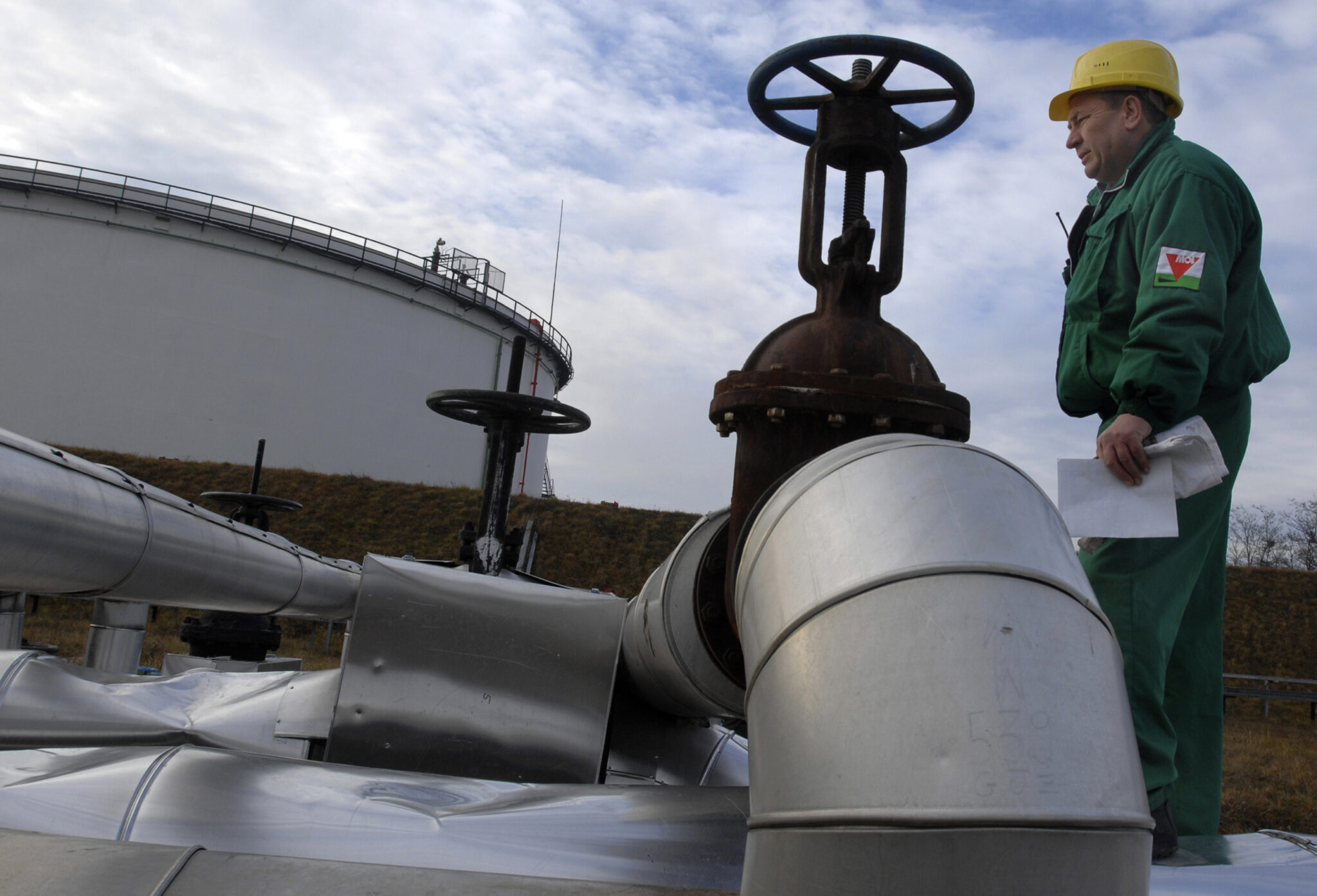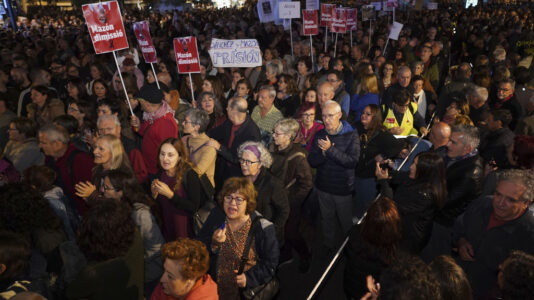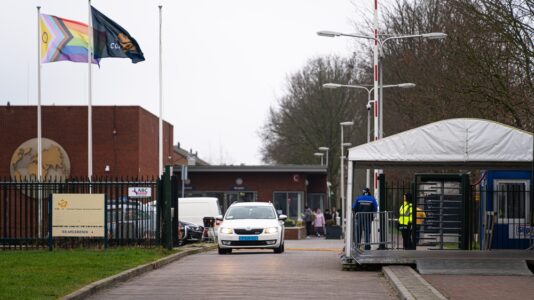Slovak Interior Minister Matús Sutaj Estok announced on Saturday on public media that activities were recorded that indicate possible preparations for a terrorist attack affecting the country’s critical infrastructure, reports Magyar Nemzet.
According to Slovak intelligence, an organized group carried out field surveys in the vicinity of the “Friendship” (Druzhba) oil pipeline in both Slovakia and Hungary; the surveys are thought to be linked to plans for a possible terrorist attack.
The transportation of crude oil through the Baratság pipeline was recently called into question because the Ukrainians wanted to block it. However, MOL finally reached an agreement with the suppliers and the parties operating the pipeline in September to take over ownership of crude oil shipments on the Belarus-Ukraine border with effect from September 9, 2024.
The Barátság crude oil pipeline supplies Hungary, the Czech Republic and Slovakia with Russian crude oil. It runs westward from Russia for more than 4,000 kilometers, and at the Belarusian town of Mazir, it splits into a northern and a southern branch. The transport capacity of the pipeline entering Belarus is 70 million tons per year. In Ukraine, near the Hungarian and Slovak borders, the pipeline branches in two directions. One goes to Hungary, the other to Slovakia. The Czech Republic also receives Russian crude oil through the latter. About 20 million tons of crude oil pass through the Slovak branch per year.
The Slovak announcement did not come as a surprise to the Hungarian secret services, as the partner services share data indicating the threat of terrorist acts before any such public announcements are made. Based on the available data, Hungarian services are now investigating against whom, when and where preventive measures can be implemented by the Anti-Terrorism Center (TEK) with the cooperation of the national security services.
“In the case of the possibility of terrorist acts, there is a common interest, and this really overrides everything, even political differences, not only in Europe, but at the world level,” pointed out Zoltán Sas, the chairman of the national security committee of the Hungarian parliament, adding that once Hungary has “its own data on who, where and what they want to commit in Hungary, TEK can nip hostile intentions in the bud.”
Sas also warned that there are currently many foreigners in our country and that migration and terrorism unfortunately go hand in hand throughout the world. He also noted that this is not only true for illegal immigrants, as it is an old, well-established method to include intelligence agents and other operatives among refugees for certain purposes.
However, he stressed that “the Barátság oil pipeline is a specially classified object and has special protection, so we can trust that it will be protected.”
József Horváth, the former deputy director-general of military and civil defense operations and current director of the Sovereignty Protection Research Institute, said the threat must be taken seriously. It is now necessary, he says, to investigate who might be interested in such a terrorist act and who has the opportunity and means to do so.
Horváth noted that it is possible to enter Hungary en masse from Ukraine and travel further from here, adding that several interested parties may seek to drag others into the Russian-Ukrainian war before January 20, that is, before the inauguration of Donald Trump as the U.S. president.
Meanwhile, Hungary has just stepped up its peace negotiations with Russia. Foreign Minister Péter Szijjártó met with his Russian counterpart, Sergey Lavrov, emphasizing that the efforts of the peace mission must be intensified in view of the serious danger of escalation.
“We see that many dangerous and irresponsible decisions have been made in the past period, which also pose special dangers for a neighboring country, such as Hungary,” Szijjártó said, adding, “We believe that the last thousand days have proven that there is no solution to this war on the battlefield; therefore, this war can only be ended through negotiations, and diplomatic channels must be kept open for negotiations,” the Hungarian FM stated.






